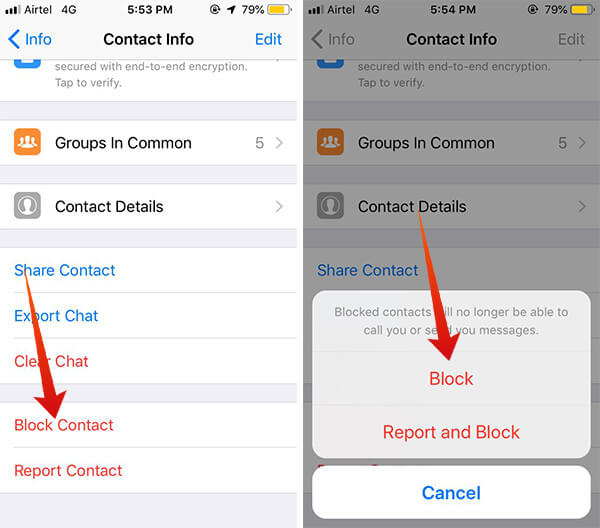

In the view of the FBI, however, WhatsApp is a wellspring of private user data. “This is the future I hope we will help bring about.”

“I believe the future of communication will increasingly shift to private, encrypted services where people can be confident what they say to each other stays secure and their messages and content won’t stick around forever,” he wrote at the time. Today, WhatsApp is the most popular messaging app in the world with more than 2 billion users. Facebook intended to make that vision a reality largely through the design choices it made with WhatsApp, which it had acquired in 2014 for $19 billion. “I don’t think I’ve seen this information laid out quite this way, certainly not from the law-enforcement perspective.”Īfter the Cambridge Analytica controversy, when news outlets revealed that personal data from more than 50 million Facebook users was harvested without their permission to create psychological profiles of American voters, Zuckerberg sought to rebrand the social media giant as a tech company built around privacy. “I follow this stuff fairly closely and work on these issues,” says Andrew Crocker, a senior staff attorney on the Electronic Frontier Foundation’s civil-liberties team. Legal experts and technologists who reviewed the FBI document say that it’s rare to get such detailed information from the government’s point-of-view about law enforcement’s access to messaging services. 7, 2021, is an internal FBI guide to what kinds of data state and federal law-enforcement agencies can request from nine of the largest messaging apps. For journalists, activists, and government critics who worry about government mass surveillance and political retribution, secure messaging tools can mean the difference between doing their work safely or facing imminent danger. Apple CEO Tim Cook says privacy is a “basic human right” and that Apple believes in “giving the user transparency and control,” a philosophy that extends to the company’s wildly popular iMessage app. Judging by this document, “the most popular encrypted messaging apps iMessage and WhatsApp are also the most permissive,” according to Mallory Knodel, the chief technology officer at the Center for Democracy and Technology.įacebook’s Mark Zuckerberg has articulated a “privacy-focused vision” built around WhatsApp, the most popular messaging service in the world. WASHINGTON - As Apple and WhatsApp have built themselves into multibillion-dollar behemoths, they’ve done it while preaching the importance of privacy, especially when it comes to secure messaging.īut in a previously unreported FBI document obtained by Rolling Stone, the bureau claims that it’s particularly easy to harvest data from Facebook’s WhatsApp and Apple’s iMessage services, as long as the FBI has a warrant or subpoena.


 0 kommentar(er)
0 kommentar(er)
